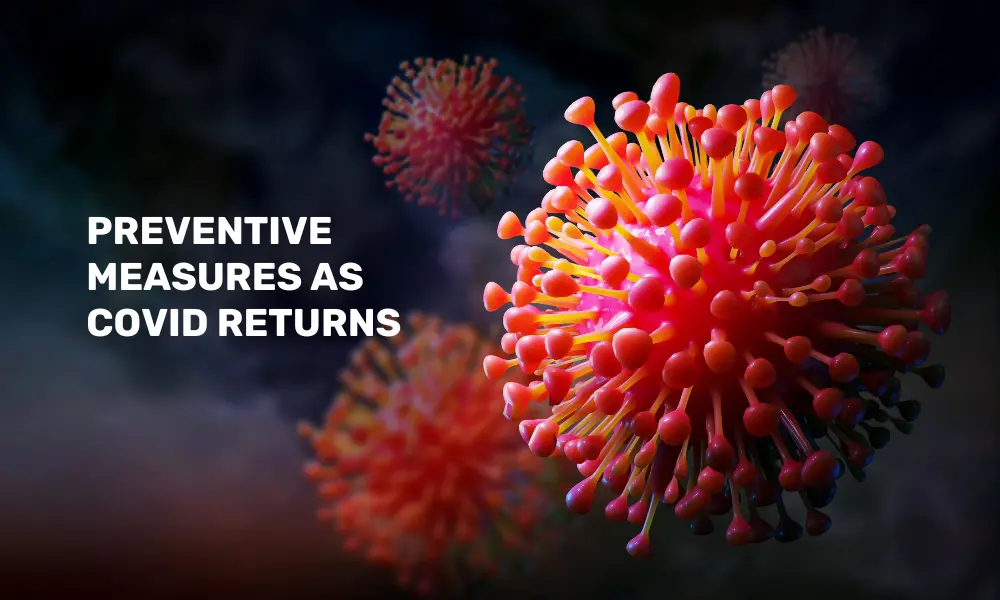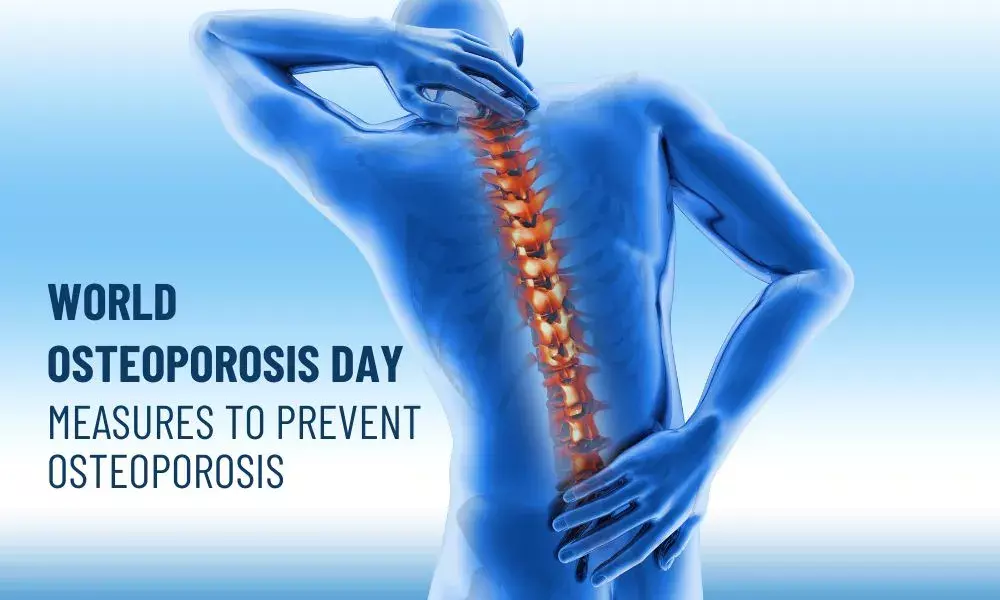With COVID-19 cases resurging, the number of cases are increasing across the country. Kerala continues to report the highest number of active cases at 1,435, followed by Maharashtra with 506, Delhi with 483, and West Bengal with 331.
In light of the rising number of coronavirus cases, people should remain vigilant. The new highly transmissible variant NB.1.8.1, descendants of the JN.1 variant, has contributed to a surge in Covid-19 cases. The JN.1 variant and its related descendants belong to the Omicron family. Along with NB.1.8.1, the LF.7 strain is also circulating rapidly.
Symptoms of New COVID Variant:
Symptoms are generally mild to moderate. However, elderly and immune-compromised people remain at higher risk for severe disease. NB.1.8.1 may not cause severe illness. However, it spreads faster than other previous variants. Possible symptoms may include:
-
Fever or chills
-
Cough
-
Shortness of breath or difficulty breathing
-
Sore throat
-
Congestion or runny nose
-
New loss of taste or smell
-
Fatigue
-
Muscle or body aches
-
Headache
-
Nausea or vomiting
-
Diarrhea
Hoarseness: A New and Common Symptom
One of the striking features of the current wave is the frequent reporting of hoarseness or a hoarse voice among Covid patients. Unlike earlier waves, where loss of taste and smell were hallmark symptoms, this time, many patients complained of a dry or irritated cough accompanied by throat pain and hoarseness. However, the symptoms may vary from variant to variant.
Who is most at risk now?
The elderly and those in high-risk groups are still very vulnerable. Many people don’t use vaccines and antivirals correctly, which means the virus is still deadly.
According to CDC data, the highest rate of COVID-19 deaths is currently 4.66 per 100,000 in people 75 years of age and older. Look for emergency warning signs for COVID-19:
-
Trouble breathing
-
Persistent pain or pressure in the chest
-
New confusion
-
Inability to wake or stay awake
-
Depending on skin tone, lips, nail beds, and skin may appear pale, gray, or blue.
If someone is showing any of these signs, one must consult a doctor immediately.
What are the Preventive measures?
The upsurge in the cases is concerning, but health authorities have recommended that one must not panic and take preventive steps.
-
Be Aware of the symptoms, especially hoarseness, dry cough, throat discomfort, low-grade fever, and diarrhea. One must consider getting tested for COVID-19 and consult a doctor immediately.
-
Monitor oxygen levels; if you test positive, seek medical help immediately.
-
Vaccination is important. Ensure you and your family members are vaccinated as per government guidelines.
-
Following hygiene practices is vital. Avoid large gatherings, maintain hand hygiene, and wear masks in crowded places.
-
Maintain your immunity, including immunity-boosting food in your daily diet and exercise regularly.
-
In case of throat infection, gurgle with warm water regularly till the irritation subsides.
FAQs on COVID
Why are COVID deaths still occurring?
Many people are not receiving updated vaccines, and some are delaying treatment, allowing the virus to spread more dangerously.
How to treat COVID-19 symptoms in 2025?
Take an over-the-counter medicine such as ibuprofen or acetaminophen as a fever reducer or to treat headaches, sore throat, or body aches.
Who is most at risk right now?
Older adults, particularly those over 75, and people with weakened immune systems are still the most vulnerable.
What to eat during COVID-19?
Kiwis, berries, peppers, oranges, and sweet potatoes are rich in vitamin C and help enhance immune health. One may add them to a salad or smoothie. Additionally, protein improves healing capacity as they are the building block of all cells, including immune cells; therefore, do not forget to add protein to every meal.
Disclaimer: This article is meant for informational purposes only and must not be considered a substitute for professional advice.





